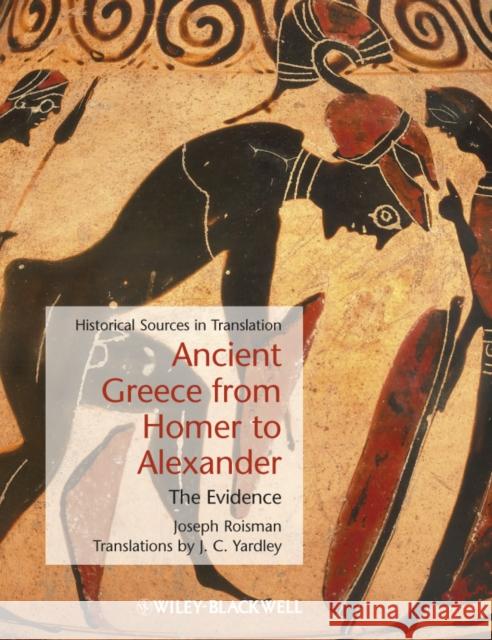Ancient Greece from Homer to A » książka
topmenu
Ancient Greece from Homer to A
ISBN-13: 9781405127769 / Angielski / Miękka / 2011 / 704 str.
With fresh, new translations and extensive introductions and annotations, this sourcebook provides an inclusive and integrated view of Greek history, from Homer to Alexander the Great.
- New translations of original sources are contextualized by insightful introductions and annotations
- Includes a range of literary, artistic and material evidence from the Homeric, Archaic and Classical Ages
- Focuses on important developments as well as specific themes to create an integrated perspective on the period
- Links the political and social history of the Greeks to their intellectual accomplishments
- Includes an up-to-date bibliography of seminal scholarship
- An accompanying website offers additional evidence and explanations, as well as links to useful online resources











